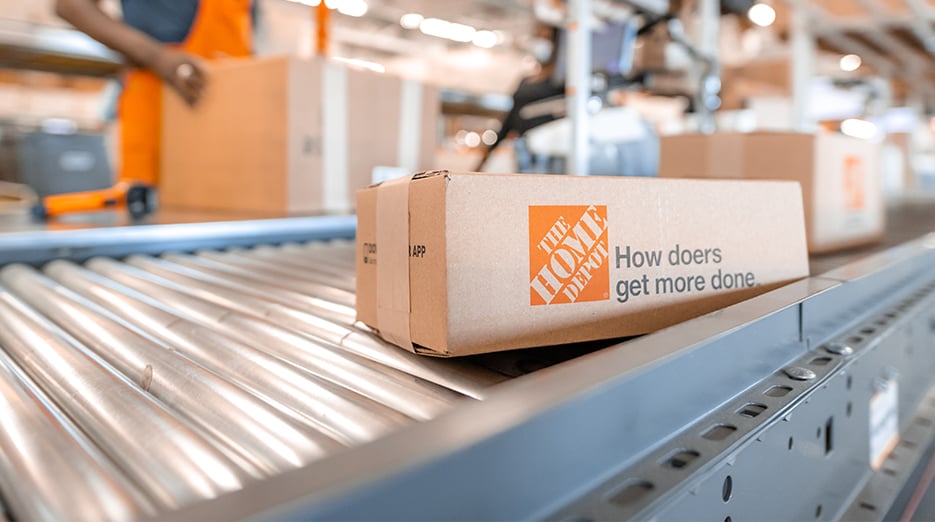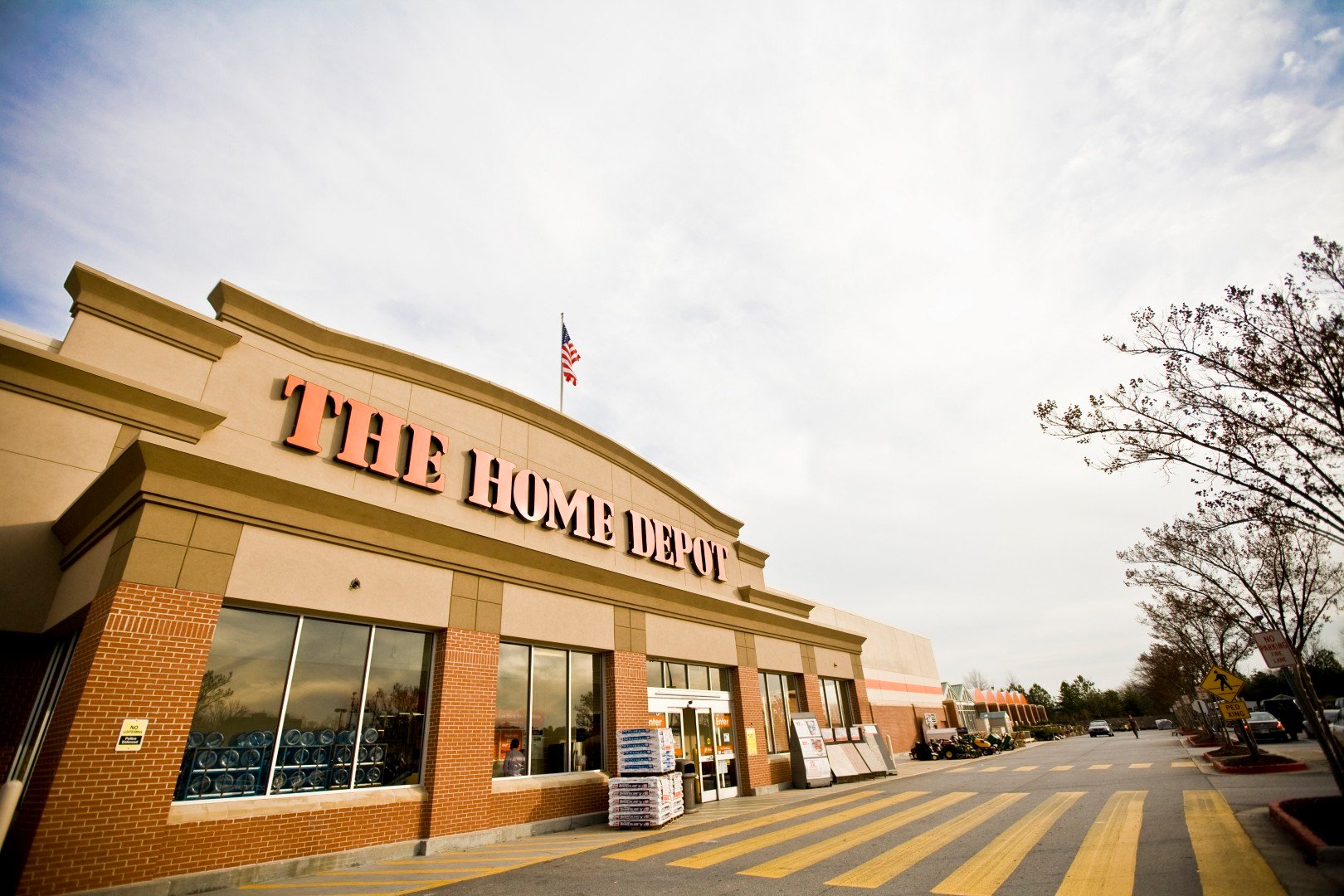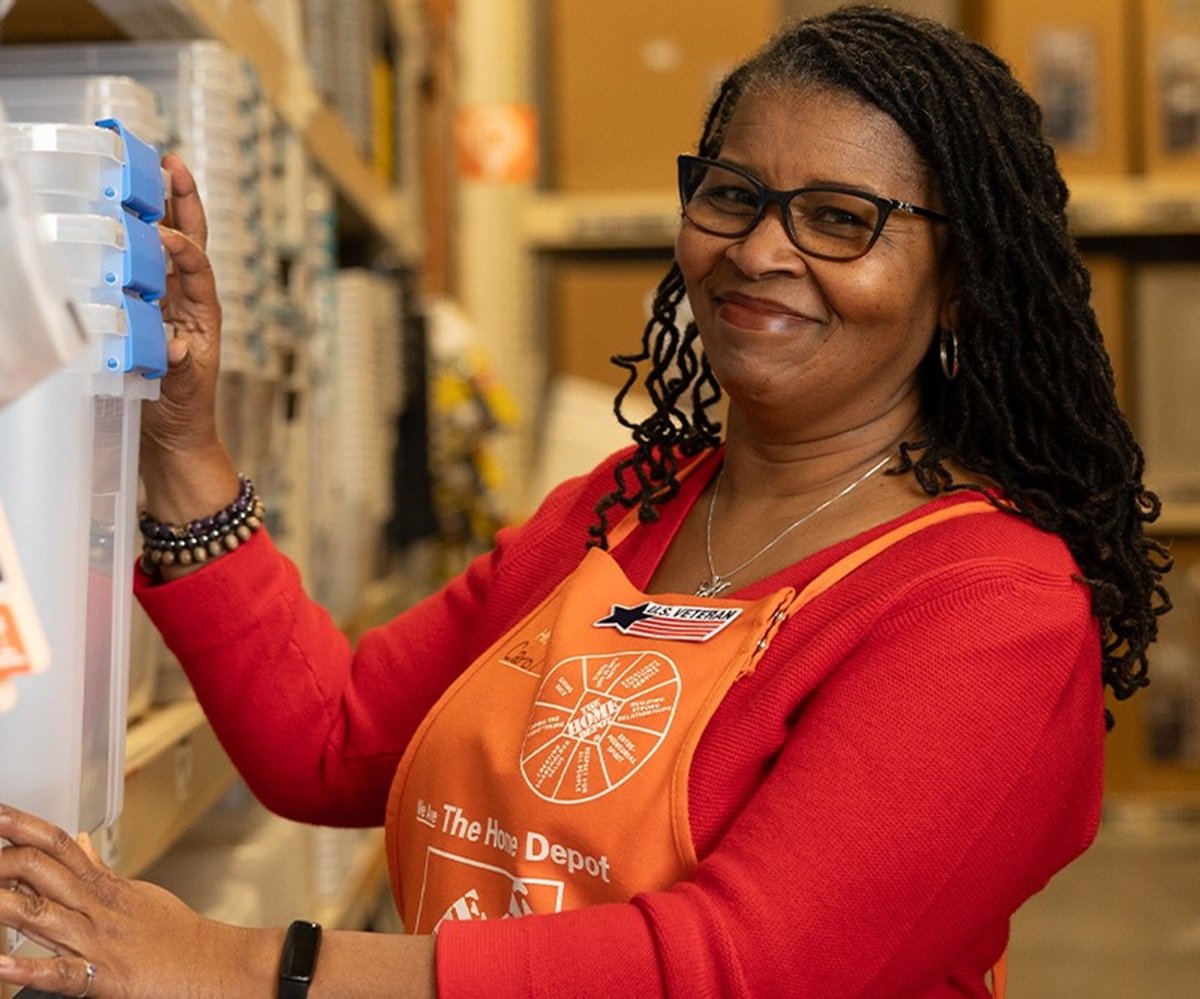Home Depot (HD 0.21%), the world's largest home improvement retailer, has been an excellent stock to own over the past decade. An investment of roughly $113,000 10 years ago would be worth a million dollars today, equating to a compounded annual return of 24.4%. This trounces the S&P 500, which produced annual returns of 12% during the same time period.
Although the company's sales grew at a 5.2% annual clip over the last 10 years, earnings rose 15.5% per year, showcasing management's adeptness at building a more efficient and cost-effective organization that focuses on the bottom line. Investors looking to get rich from future returns that resemble the past need to consider some important factors. Let's take a look.

Image source: Getty Images.
Coronavirus pandemic
When the coronavirus pandemic took hold of the United States, Home Depot was deemed an essential business. The company's culture really shined through, as management went above and beyond to take care of its associates and customers. Even with limited store hours and foot traffic, sales were up 7.1% in the first quarter from last year. Sales on Home Depot's digital platforms soared 80%, and customers chose to pick up their orders at a store more than 60% of the time. From an investing perspective, it's wonderful knowing a business you own can be so flexible and respond so quickly to change, allowing it to succeed this well during a crisis.
One Home Depot
In 2017, the company launched a multi-year $11 billion initiative to create the One Home Depot experience. The goal was to create a seamless, integrated shopping experience that blends the physical and digital worlds. Home Depot is concentrating on key strategies to drive value for associates, suppliers, and shareholders, with a relentless focus on the customer experience. The benefits of the One Home Depot strategic plan have been reinforced and are even more relevant today, as the pandemic has accelerated a shift to digital shopping. E-commerce now accounts for 15% of total sales, and Home Depot is well prepared for this number to grow.
While the company has pumped the brakes on new store openings, increasing the efficiency and productivity of existing locations is now the main focus. In December, CEO Craig Menear said, "We're confident that the investments we are making in the One Home Depot experience will address the evolving needs of our customers." As people continue to be stuck inside their homes, they'll discover things that need fixing or projects that they've held off doing. The pandemic could prove to be a boon for Home Depot, whose digital infrastructure lets it serve and delight customers in multiple ways.
Financial analysis
It's good that Home Depot is coming up with new ways to drive growth, but it would be even better to see the company aggressively open more stores. With nearly 2,300 locations and a market capitalization of $269 billion, this business clearly doesn't possess the same runway it did a decade ago.
I do, however, think that looking at the company's financial metrics should please investors. Profit margins in fiscal year 2019 were 10.2%, more than double the 4% registered in fiscal year 2009. Talk about economies of scale! Another important figure to look at is return on invested capital, or ROIC. A higher ROIC means the business needs to invest less capital to maintain a certain level of growth -- and it produces more free cash flow. Furthermore, a steady rise in ROIC over time demonstrates a widening competitive advantage because the business is able to protect its high returns against rivals. At the end of fiscal 2009, Home Depot's ROIC stood at 10.7%, characteristic of a traditional retail business. Return on invested capital at the end of Q1 2020 was just shy of 41%, quite an impressive surge.
Growing margins and ROIC translate to expanding free cash flow, which is what investors should ultimately care about. Home Depot is a perennial dividend powerhouse, and although the company suspended its share repurchase program in Q1, I'm confident management will ultimately resume a generous shareholder capital return policy.
Home Depot currently has a P/E ratio of 25. Given where interest rates are, I would have no problem buying shares in a high-quality name like this. The company possesses a long history of success, is thriving in an adverse economic climate, and is well positioned to benefit from a digital world. Just don't expect the market-crushing returns of the past decade to repeat during the next 10 years.






